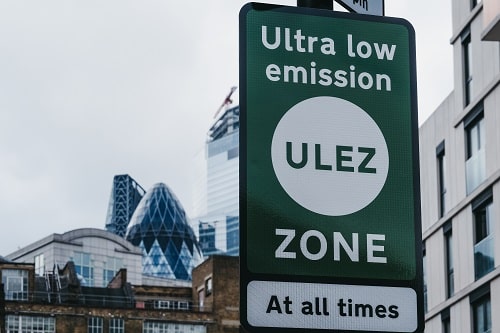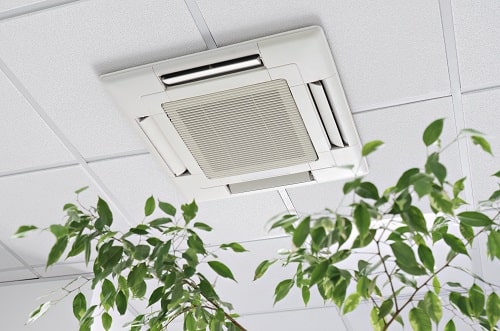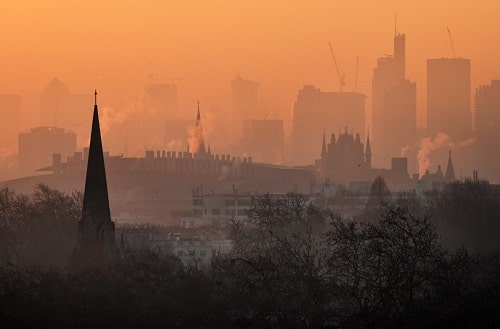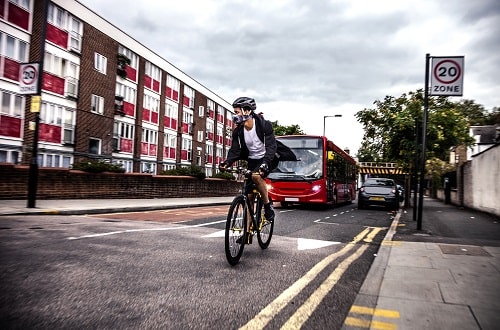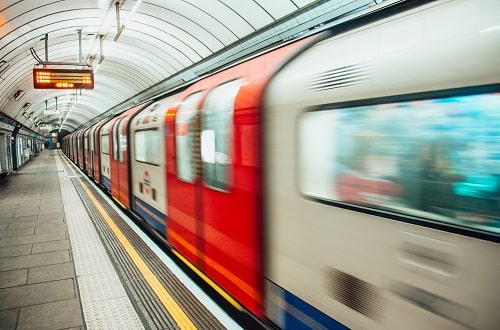ULEZ expansion helped improve air quality in London, says City Hall report
Expanding London’s Ultra Low Emissions Zone (ULEZ) last August contributed to “dramatically lower” pollutant emissions across the UK capital in 2023, according to a report from City Hall.
By Kerry Reals on 26 July 2024



